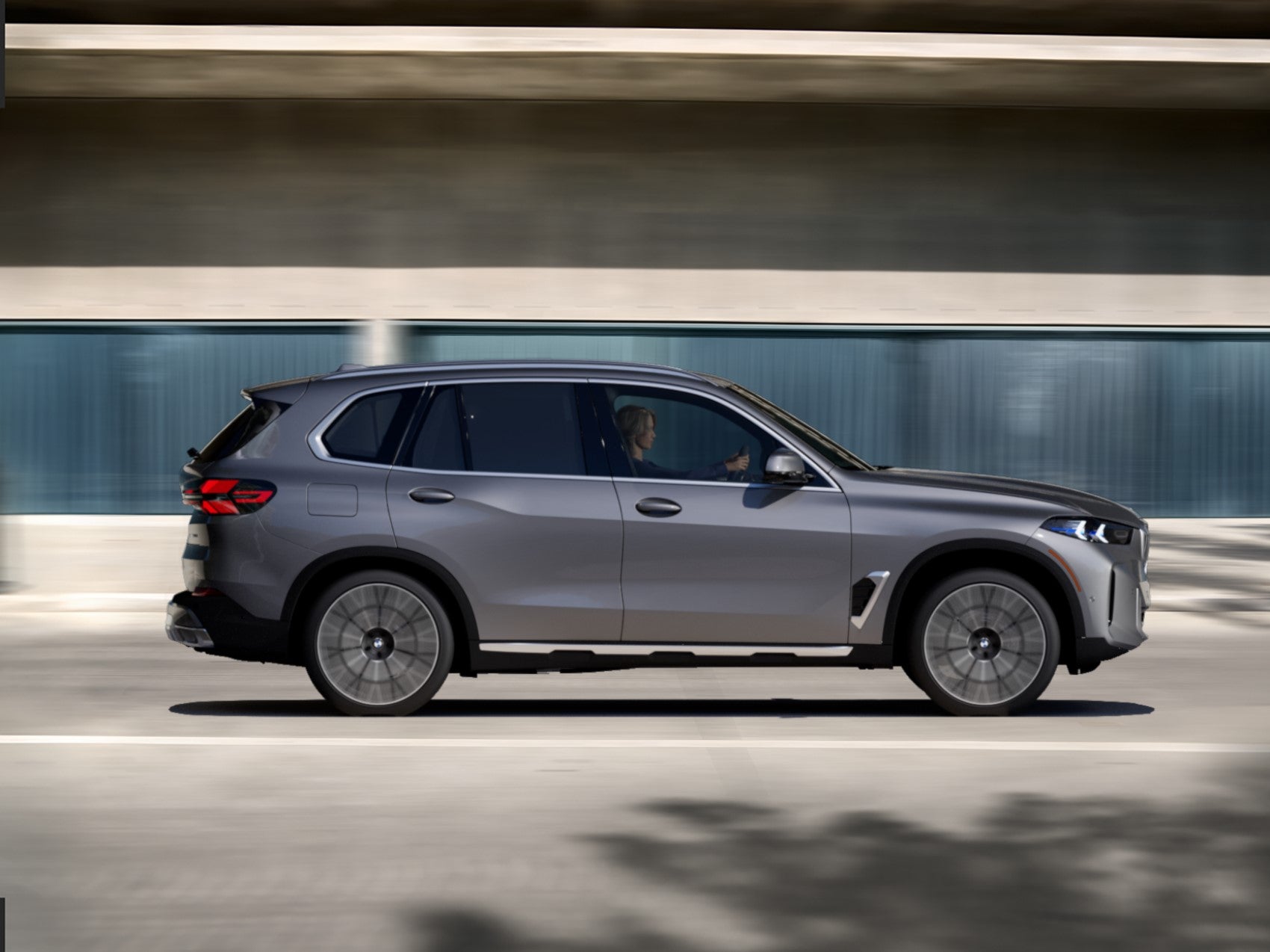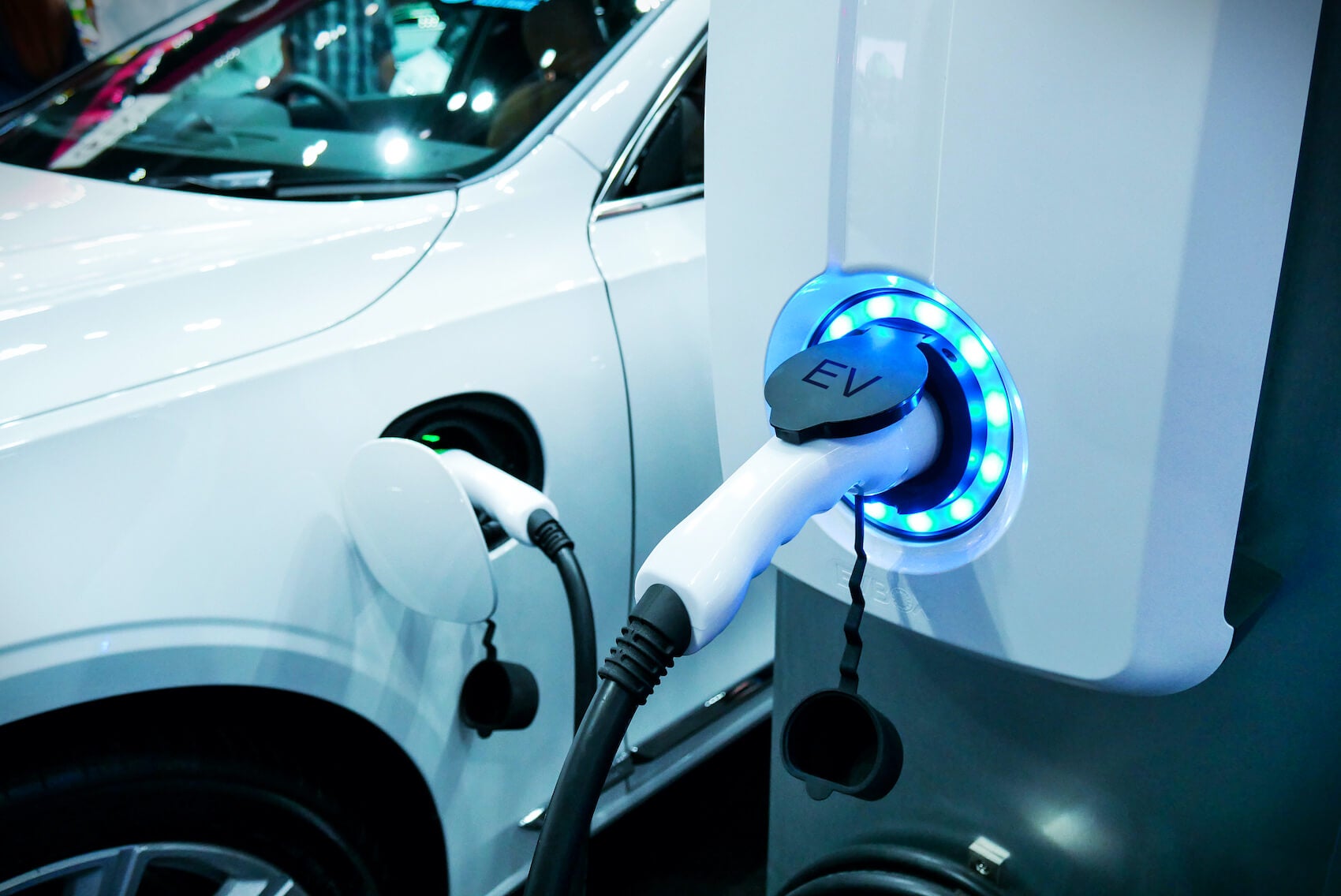Electric vs Hybrid Vehicles


All-electric vehicles usually have fewer moving parts than hybrids and, therefore, involve lower maintenance costs. Hybrid cars, on the other hand, still require traditional services such as oil changes. When it comes to performance, you will also notice a difference as an electric model will be smoother and accelerate faster than a hybrid.
Hybrids have both an electric system and an internal combustion engine to maintain, which can increase costs. Generally, the less reliant a hybrid is on electric power, the less it will cost upfront. Fully electric cars can even be more expensive upfront, but they have fewer moving parts, which means fewer things can break down. That said, electric vehicle repair costs can be expensive due to the higher cost of EV parts and labor.

Hybrid vehicles are a type of car that uses both a gasoline engine and an electric motor to power the wheels. The electric motor is powered by a battery that is charged while the engine is running. Therefore, hybrid vehicles don't require a charger because the engine charges the battery.
On the other hand, plug-in hybrid vehicles and fully electric vehicles rely solely on the battery to power the electric motor. This means that the battery needs to be charged regularly to keep the car running. Plug-in hybrids have a smaller battery than fully electric vehicles, which means they can run on gasoline when the battery runs out.
However, fully electric vehicles need to be charged frequently, usually at home or at public charging stations. If you own a hybrid vehicle, you don’t need to rely on a charger. However, plug-in hybrids and electric vehicles need to be charged.


